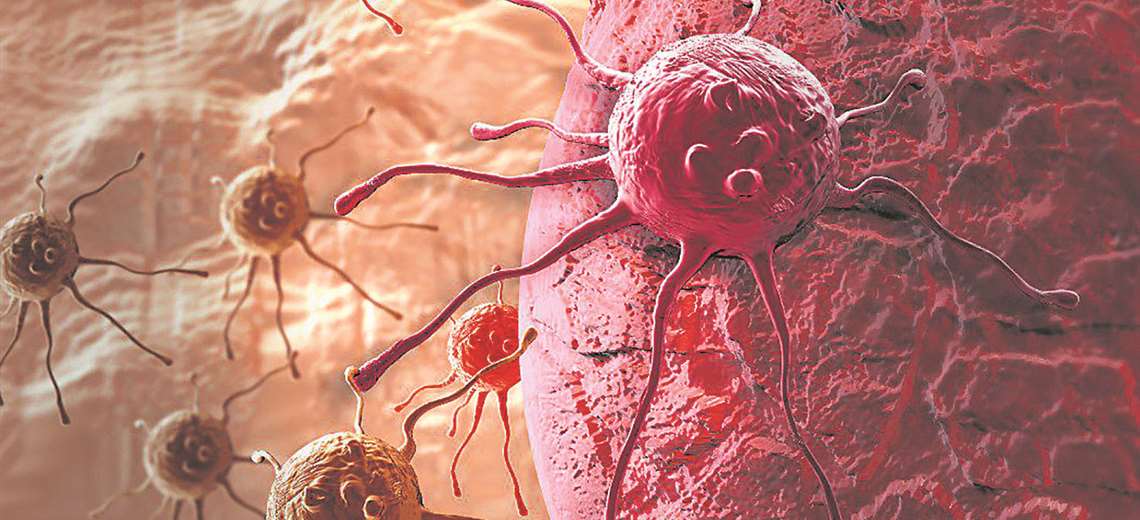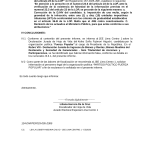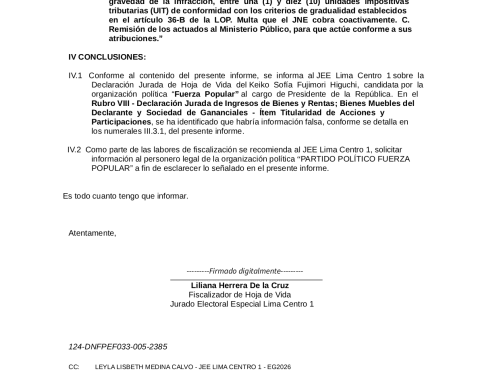Credit: Very interesting/cancer.gov
The definition of a tumor by the American Cancer Society is that it is a mass or lump.
There are two types of tumor, benign and malignant or cancerous. The benign tumor does not have the ability to spread to other parts of the body, while the malignant one, the most dangerous, does.
Cancer cells can break away from where the tumor was born, travel and settle in the lymph nodes or other organs, causing them to function abnormally.
There are many types of cancer that form solid tumors. But cancers of the blood, such as leukemia, do not usually form solid tumors.
The benign tumor does not invade other parts of the body, but they are at risk when they press on important organs, such as the brain. Once removed, benign tumors do not usually appear again.
The mechanism
To counteract the aging and death of the body’s cells, they divide periodically. This division is regulated by control mechanisms, among which oncogenes and tumor suppressor genes stand out.
The former ensure that the cells proliferate normally, but if an activating mutation occurs, the cells will increase massively.
Tumor suppressor genes should stop proliferation, but there are mutations that can inactivate them and the result will be the same as when oncogenes are altered: uncontrolled cell growth. Over time, this massive and uncontrolled division can lead to a tumor or nodule.
cells
According to the National Cancer Institute (NCI for its acronym in English) of the United States, unlike normal cells, cancer cells originate without receiving signals that they should be formed; they cause blood vessels to grow toward tumors. These blood vessels bring oxygen and nutrients to tumors and remove waste products from tumors.
Cancer cells also hide from the immune system that is supposed to destroy them, tricking it into even getting the immune cells to protect the tumor instead of attacking it.
Cancer cells often need a lot of these abnormal behaviors, without which they cannot survive. That’s why researchers devise therapies that target the abnormal characteristics of cancer cells.
For example, some cancer therapies prevent blood vessels from growing into tumors, which prevents the tumor from getting the nutrients it needs.
Cancer it is a genetic disease and genetic changes occur for different reasons. Due to errors that occur when cells multiply, due to environmental damage to DNA, either by tobacco, UV rays, etc., and also by inheritance. There are more than 100 types of cancer.
The ability to kill cancer cells decreases as a person ages. The spread of cancer to other organs or parts of the body causes most deaths from this pathology. According to data from the World Health Organization (WHO), in 2020 10 million people died in the world.
















